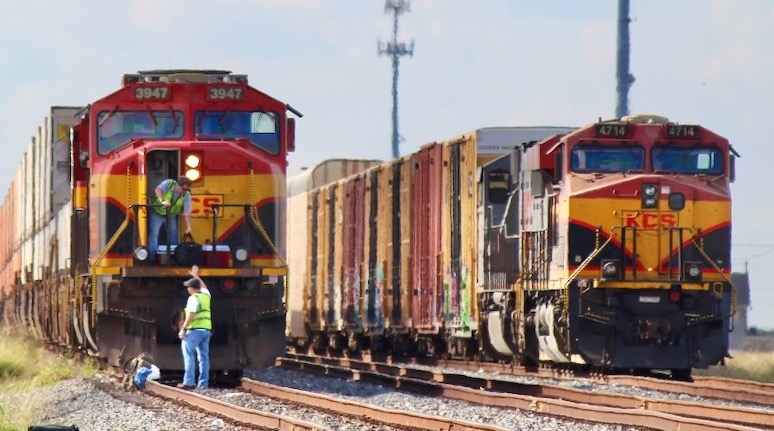
Surface Transportation Board Chairman Martin J. Oberman says railroad service is suffering for one simple reason: The big four U.S. Class I systems aren’t paying enough to retain and recruit train crews.
BNSF Railway, CSX Transportation, Norfolk Southern, and Union Pacific are experiencing ongoing crew shortages that since last year have caused widespread congestion and significant delays.
The railroads say the crew shortage is largely due to factors that are out of their control. Crews furloughed at the onset of the pandemic didn’t return to the railroad at the same rates as they typically had, and attrition rose due to the Great Resignation that accompanied the pandemic and has affected all businesses. Meanwhile, the historically tight labor market has made it difficult to hire conductors, an outdoor job with an unpredictable schedule and a significant amount of time spent away from home.
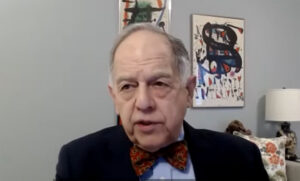
Oberman says he’s told each railroad CEO that “there is a price that will get you enough workers. I don’t know what that price is. But everything has a price.”
The railroads and the unions that represent most of their employees have been unable to reach a new contract after three years of fruitless negotiations. The two sides remain far apart, with railroads offering a 17% raise and the unions seeking a 31% increase. The contract dispute is now before a Presidential Emergency Board, which will make recommendations for a settlement.
In an interview last week, Oberman declined to comment on the negotiations process or the Presidential Emergency Board. But he says it’s clear that higher pay would help the railroads attract enough new workers to restore service to normal levels.
“If you need another 400 crews to move those trains that are sitting out there, pay whatever price you need to get them,” Oberman says. “Don’t come in and tell me it’s hard to hire. And it’s not like they can’t afford it. They’re paying out billions and billions every year in stock buybacks. You could use some of that to get the workforce you need.”
Railroads have increased conductor training pay and are offering signing bonuses to new employees and retention bonuses to current conductors and engineers. They’ve also offered incentives for engineers and conductors to temporarily relocate to areas where crew shortages are the most severe.
Oberman contends that those efforts are falling short, noting that staffing levels at the big four railroads have yet to return to pre-pandemic levels. “The railroads are not offering sufficient rewards – a combination of quality of life and compensation – to keep people there. There’s a price at which people will stay,” he says.
The board has no authority over rail labor matters. But it does regulate service, which is tied to railroad employment levels. Oberman says it’s clear the railroads don’t have enough operating employees to provide adequate service.
The STB has no plans to use its mandate to oversee service as a way to indirectly regulate railroad crew levels. “I’m not a backdoor kind of guy,” Oberman says.
But he questioned whether railroads, at their current staffing levels, are able to meet their common carrier obligation to provide service upon reasonable request.
If there were a more concrete way to enforce the common carrier obligation, Oberman says it’s likely that railroads would do a better job of matching employment levels to freight demand. And if there were more specific definitions about what’s required under common carrier obligations, perhaps shippers would file cases with the board, Oberman says.
(He spoke with Trains News Wire before a key House committee introduced legislation that would set minimum service standards for shipments moving under tariffs, and provide clearer direction to the STB regarding disputes over railroads’ common carrier obligations.)
Oberman notes that no shipper has yet brought a case to the board as a result of BNSF’s embargo on certain types of carload shipments moving to California, which began June 27 and remains in force. “Hundreds of shippers’ stuff is not being moved — at all,” Oberman says.
“To me, all of these problems stem from a lack of competition,” Oberman says.
Imagine, he says, if a McDonald’s fired all of its burger-flippers but one and told customers they’d have to wait an hour for their order to be ready. If there was a fully staffed Burger King across the street, McDonald’s would lose customers and ultimately would have to hire more employees.
But if the next burger joint is 10 miles away, Oberman says McDonald’s could get away with a lone burger flipper.
BNSF’s embargoed shippers are stuck in the same way as the McDonald’s customer would be. “BN doesn’t really have to fear losing those customers by having cut all those workers,” Oberman says. “So they’re not incentivized to run the business any differently because there’s no real competition for so many rail users.”
UP, which is struggling with crew shortage of its own in California, has not tried to snare any of the traffic BNSF is unable to move, Oberman says.
Railroads say they’ve lost volume and revenue because they can’t meet freight demand, and that they have every incentive to provide good service.
“I have not been shy about making my views known. I think the board shares them in general,” Oberman says. “Railroads just have not employed enough human beings to get the job done.”






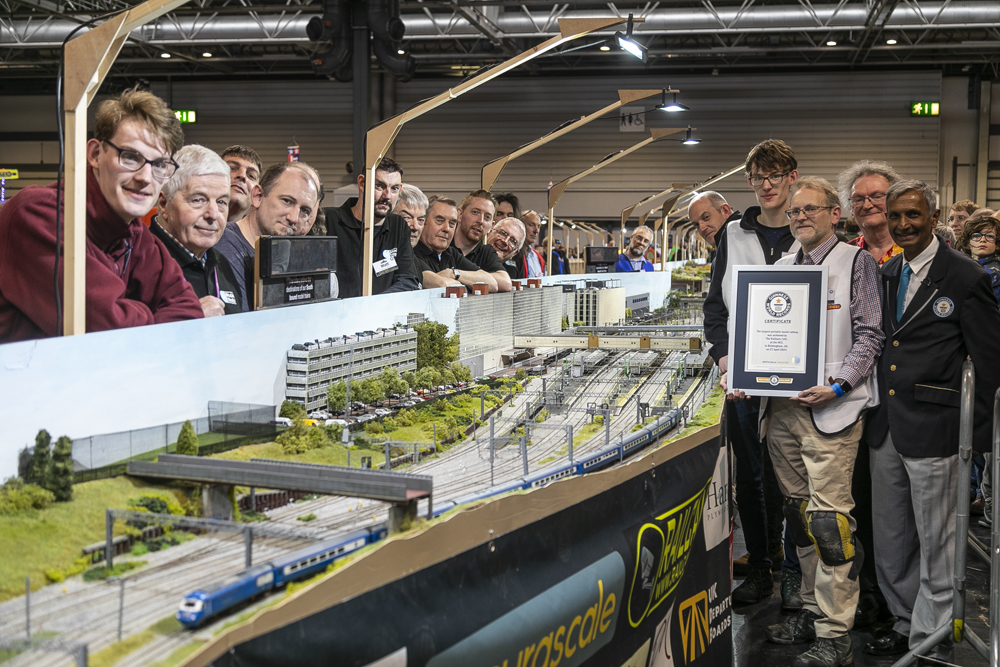



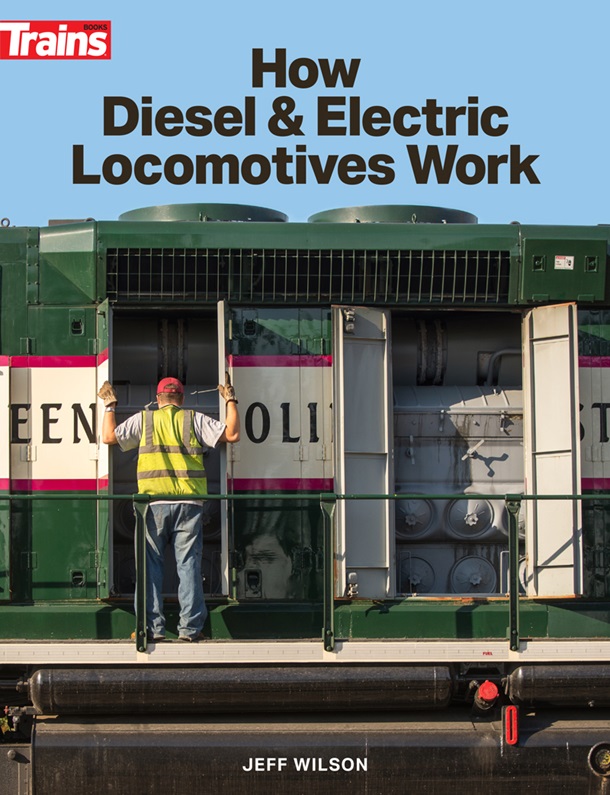
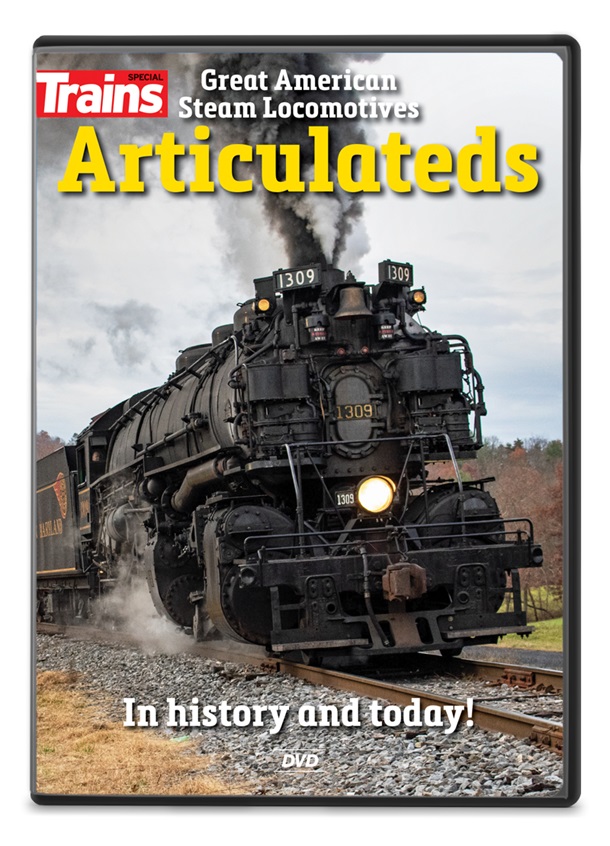
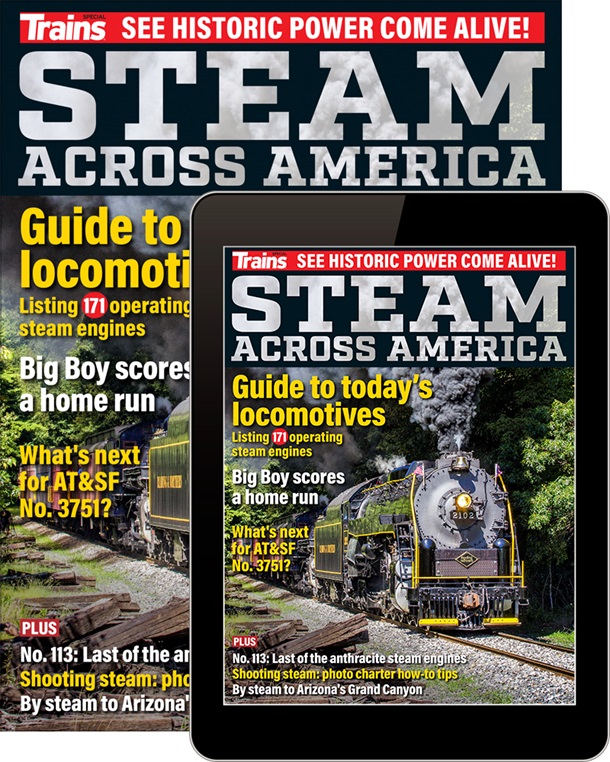
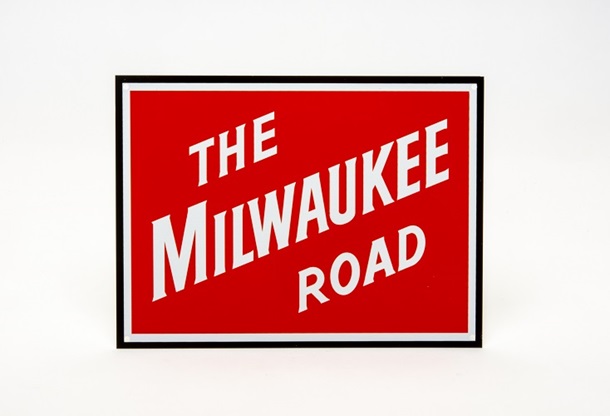
Mr McFarland not being a railroader I suppose you have weekends off? If that’s the case which I’m certain it is you can’t even start to imagine working weeks straight without so much as 10 hours off in between work shifts. Well on the railroad it’s as common as a car in your front yard. Thousands of us do this day in and day out and the railroads keep expecting and demanding even more time on the job. These availability policies they’ve dreamed up wil kill people and ruin lives no doubt about it and the railroads will throw people out like the trash if they go one minute over, it doesn’t matter how many hundreds of hours we work or consecutive days on we have they keep demanding more and more. That’s why we are speaking out and that’s why thousands of us are leaving this industry. People ( that’s right I said people) on these railroads in the operating crafts have drawn a line in the sand and aren’t going to tolerate it anymore because trainmen are people with real lives and families not a commodity the railroads think we are. You might think differently but like I said many times before come spend a month with a class one railroader and make your opinions only after that.
My comment was directed to Mr. McFarlane.
And YOU work eight hours a day five days a week RIGHT?? Life balance is easy for you and your type with tunnel vision. Please put on a pair of boots and spend thirty days on any railroad, you would quit in less than fifteen.
My dad worked for the RR. He was relocated when I was 2 yrs old, 5 yrs old, 8 yrs old. Four years later, in 1947 they said they wanted him to relocate again. He said No! After college, (where I had co=oped with the PRR, I was offered a job with the PRR that would have required me to so the same relocation %$@ every three years. I chose to not go with the PRR. And the salary was NOT competitive. Had it had a “premium” wage and a better future, I might have considered it. Because I liked the RR. Not the work conditions.
So Gerald, you’ve been gone for anywhere from 24 to 48 hours away from home. Maybe more. You’ve spent maybe close to 24 hours of that on trains. As things stand now you probably waited a few hours for a ride to remove you from the train once you’ve outlawed. Or no ride was available so you had to wait for the next freight train to come by and still at the mercy of how things are progressing in train movements. You finally get back to your home terminal, log off and drive home. Maybe you have a short drive, maybe you don’t. So you finally get home, tired, hungry and your family wants you to do things with them. There’s things that need to be taken care of by you. Maybe it’s been two hours since you signed off. Four or five hours later your phone rings calling you out again. Wash, rinse, repeat. You obviously do not understand the lifestyle of the railroad.
The first thing railroads need to do is power all trains enough to make track speed. That would give employees a shot at making a run in 8 hours and start stabilizing their work hours. But it also would open up track for more trains and give better service to customers. Which just might make more freight available for railroads to carry. Pay employees enough they will not want to leave.
They also need to adjust so employees have a family life allowing them to attend to such things as medical needs, home repairs, etc., to have a more normal life.
Letters I read from employees to the STB say to me if they do not do these things the labor shortage will get much worse with the number of employees continuing to decline.. The attrition rate for new hires was high before all this began and from what I read has increased. BNSF’s attendance policy is horrible and very punitive and frankly, disgusting.
It’s amazing that the railroads don’t get that if you treat your employees like crap they might find better jobs elsewhere. A friend of mine was taught in business school that for a company to be successful a business needed to be like a three legged stool with one leg being the employee, one leg being the customer and one leg being the shareholder and if one leg of that stool was broken than the stool failed.
It’s all tied into the OR(Operating Ratio) instead of striving to reach and OR of 50, which means that expenses are only 50% of income, they should be settling somewhere between 65 and 70, that still leaves enough profits for Wall Street(if you reduce executive compensation) and allows for a significant wage increase. However, the unions need to give in some too and allow for an increase in the percentage employees pay for their healthcare, just like every other worker in America.
I really don’t get this whole work/life balance thing…I work to get paid, what I do with my time away from work is my own and all the hours away from work are part of the life balance, if I work 10 hours and have 14 off, that’s more life than work, if it’s 12/12 it’s even…if you work a 9-5 job, then you only work 8 hours and have 16 hours of life…do with it what you will, but don’t complain that 16 hours isn’t enough.
Really. Have you heard of commuting!!!. Not something that most people enjoy andccan take 1 hr+ each way
Gerald, your 16 hours off are usually at the hotel in the away from home terminal. Not worth a #$%T^ for “quality of life.” Even if the railroad commuted your spouse for a conjugal visit, not a life worth the money they pay.
CSX had assigned crews on intermodal trains between Chambersburg and Connellsville,Pa and between Connellsville and Willard, Ohio. They worked two days on and one day off. You could know your schedule months in advance. When they cancelled those assignments I went on a yard job hoping they would be reinstated. After awhile I got tired of waiting and making less money than railroad retirement would pay and I retired. If they had kept the assigned jobs I would probably still be working.
Assigned crews would not work for all trains but a majority could be run that way. It would just require hiring more people, which would cost more money.
I find it most interesting and even encouraging that people on the news wire comments, having all shades of political opinion, agree that the problem is the way management (and wall street by extension) treat the American working man and woman. How do we expect ourselves to remain a great nation unless we treat each other sensibly and fairly? The railroads are a symptom or an exemplar of where we are now.
Conrail ran scheduled pools for years. I worked a pool where I could tell when I was going to be home for the next 5 days. All I had to do was look in the computer. However now that information isn’t available. It can be done. They just elect not to make the information available.
I note the comment by management “The railroads say the crew shortage is largely due to factors that are out of their control. Crews furloughed at the onset of the pandemic didn’t return to the railroad at the same rates as they typically had, and attrition rose due to the Great Resignation that accompanied the pandemic and has affected all businesses.”
As a Vietnam Veteran I’m reminded of a T-shirt I have seen often over the years when management claims “It’s not their fault that we can’t get and retain workers under the conditions we expect them to work. The shirt says “Let the beatings continue until morale improves”.
“Oberman says. “Don’t come in and tell me it’s hard to hire. And it’s not like they can’t afford it. They’re paying out billions and billions every year in stock buybacks. You could use some of that to get the workforce you need.””
And that my friend is the hammer hitting the nail spot on the head.
Stock buybacks serve 2 purposes, #1 attempts to raise share price by increasing demand and creating scarcity, #2 reduces the overall amount of dividends the company has to expend.
But I haven’t seen anyone make a solid biz case that the reduction in dividends is a solid long term play to retain capital. Microsoft and Tesla don’t pay dividends, but rely on growth in share value. That was always their plan. Railroads have never embraced that ever.
Scheduling has always been a sore point for employees on railroads. Railroads want maximum cost efficiency by treating employees as if they are interechangeable machine parts. Employees and their families want lives of their own.
This same dynamic is at play in long haul trucking taking drivers far from home. There is a reason why the ads for these drivers end with home every week.
Union contracts tend to freeze any experimentation as both sides are afraid of setting precedents ot losing power, even if it is at the expense or profits or what employees actually want.
This not helped by the psychotic drive for one person train crews. Except on short lines which you can drive to both ends of in an hour or two, they are impractical given the state of maintenance of way and equipment. This screams to employees, we are going to make to walk back and forth on a two mile train in winter and by yourself, replace an 80 pound knuckle in a coupler. Then your train will die on hours and you will be driven nowhere near home until you get to do it again the next day.
The railroads and unions need to get their head out of it has always been done this way and figure how you would do it now if you were starting from scratch.
Money is not enough in itself, but like everything else in our society, if you are not willing to say it with money, all the other is just words which probably won’t be carried out because the stockholders won’t allow it.
Agree with you, Mr. Larkin. I would add that there is an arrogance in the C-suite and Board rooms at the U.S. Class Is today that is different from anything in the past. I don’t think it’s a coincidence at all that so many of E. Hunter Harrison’s disciples are in charge. They, like Hunter, view their fellow men and women – who happen to be operating people on their railroads – as replaceable cogs in the wheel and nothing more.
Families, income, having a job that T&E people can enjoy and a life outside of work matter none. Recall EHH’s infamous comment about PSR: “The service will be so good, they (customers) will be lining up at the door.” In other words, the man was so arrogant that he truly believed “his” way of railroading was so right that listening to the ideas and needs of ANY constituent – customers, employees, government and communities – or marketing the product was unnecessary.
We can all laugh at this now. Those “cogs” in the operating crafts are indeed valuable; their ability to provide for their families and to be present for them in the time of an emergency is essential. The basic principals of PSR (maximum utilization of assets) have merit, but current railroad management needs to go one of two ways: 1) have the courage to explain to Wall Street that railroading is a long-term game, then reset its expectations and start investing in what MATTERS to retain talent and grow the business; or 2) replace the C-suite arrogance with people who “get it.”
Work-life balance is important, as is the compensation. It’s also the on the job work conditions: two mile long trains, TripOptimizer restrictions, denial of permission to put enough traction motors online to get the tonnage over the railroad, plantation mentality management, etc, etc. Read the letters sent by ballast level railroaders to the STB for the complete picture.
Lots of well compensated employees have moved on due to horrid working conditions.
Have to fully agree with you Ron, the working conditions I have read about are definitely a major factor in creating a poor work environment.
I just hope the HR departments keep their hands off the employees who dare to speak up.
I don’t and never have worked for a railroad but from what I read a better work life balance may be as important or even more important that cash.
My experience is more cash wears off quickly.
Comments?
Here’s my comment: My thoughts exactly.
Doesn’t matter what the pay is. No one wants these jobs.
You must have both lived cushy lives to not understand the importance of cash money…and all these people complaining about work/life balance just don’t know how to live or regulate their lives to achieve it, not that it’s really as important as they think it is.
Not quite true Gerald, worked 42 years in a steel mill, hot, dirty, cold, wet, dry, you name it and now the big C probably caused by the stuff we worked in. Worked many a Christmas, New Years , Easter and missed many family occasions.
Money was good but family missed days were gone forever once they went by, fortunately not as bad as T&E crews.
Just remember money doesn’t buy happiness, only replaceable things.
And you?